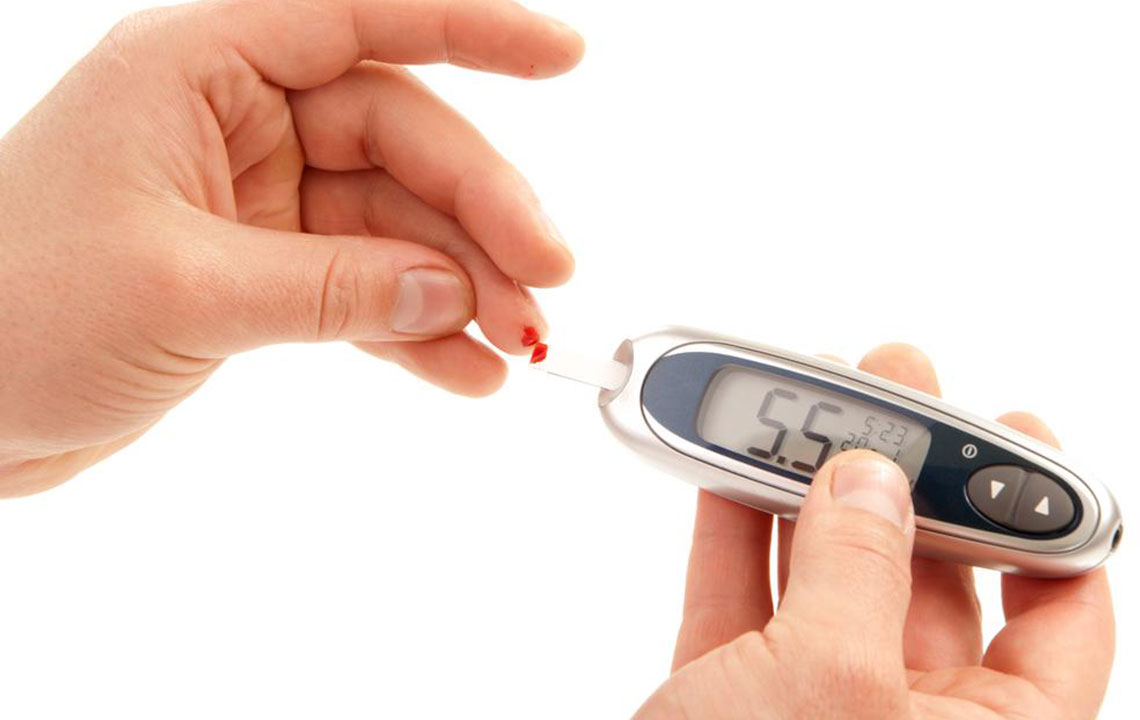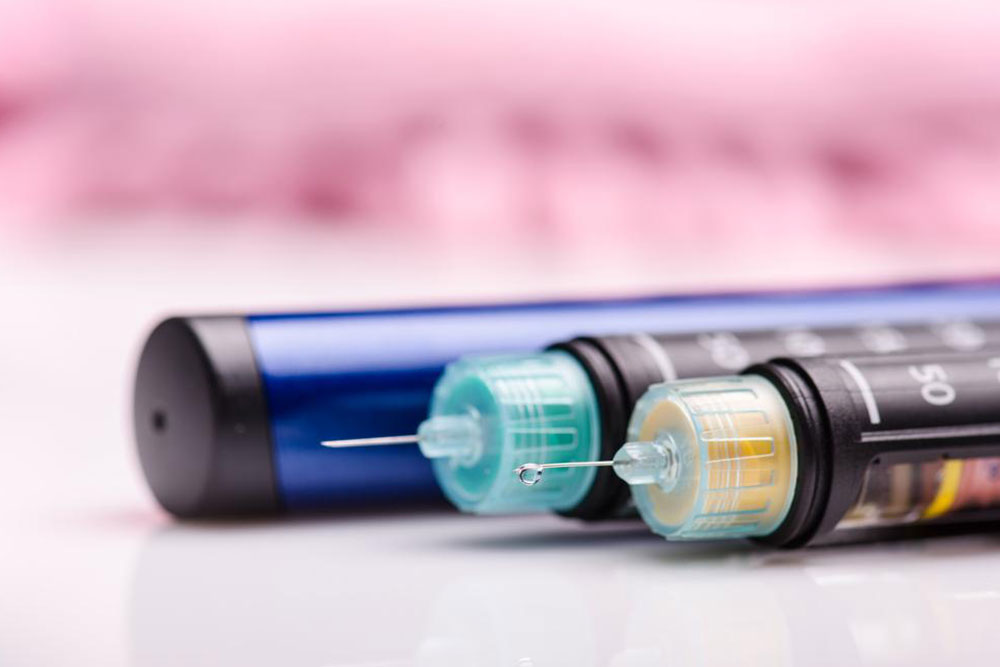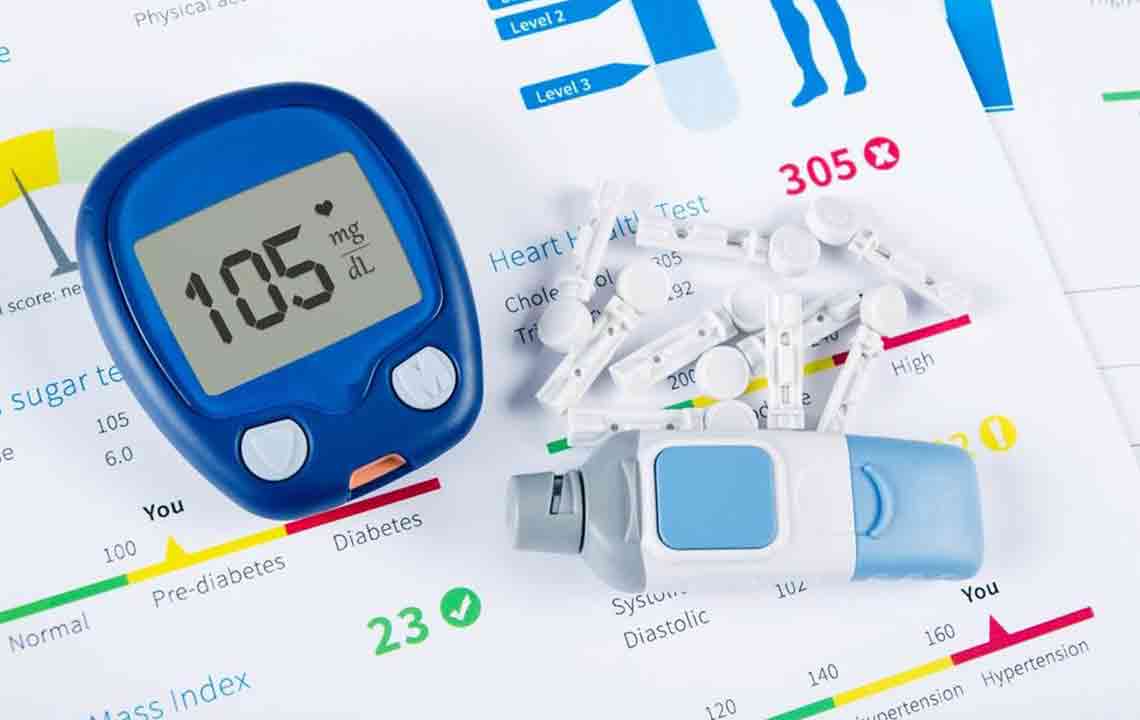Innovative Approaches to Reversing Diabetes: A Holistic Strategy
Discover holistic and effective strategies for reversing diabetes through weight management, dietary changes, and lifestyle adjustments. Learn how proactive measures can help reduce reliance on medications and prevent long-term complications, leading to a healthier life. Understand the importance of customized plans and sustainable habits to control and potentially reverse this chronic condition.

Innovative Strategies for Reversing Diabetes
Diabetes mellitus is a metabolic condition characterized by elevated blood glucose, insulin resistance, and insufficient insulin production. Often linked to lifestyle factors such as obesity and inactivity, diabetes manifests mainly in two forms.
Type 1
Also called juvenile diabetes, it primarily affects children and involves the immune system mistakenly attacking insulin-producing cells.
Type 2
Usually seen in middle-aged and older adults, this form results from the body's inability to handle excess blood sugar due to poor diet and sedentary habits.
Globally, approximately 392 million individuals live with various stages of diabetes. Common symptoms include frequent thirst, urination, and unintentional weight loss. As a chronic disease, unchecked diabetes can lead to severe health complications such as neuropathy, vision problems, kidney failure, heart disease, and more.
Recently, diabetes reversal treatments have gained recognition among medical professionals and patients. These therapies aim to slow or halt disease progression by addressing underlying causes rather than only managing symptoms, often reducing reliance on medications.
Effective management and reversal of diabetes are critical because long-term complications can be debilitating. Key focus areas include:
Adopting healthier dietary habits
Making sustainable lifestyle changes
Holistic living and maintaining vital health markers are central to successful reversal strategies.
Weight Management and Physical Activity
Evidence indicates that achieving and maintaining a healthy weight can significantly improve blood glucose levels. For many diabetics, gradual weight loss through motivated efforts and structured routines can prevent or reverse symptoms. Regular physical activity enhances insulin sensitivity, reducing the need for medication, and supports overall health.
Even modest weight reduction can lead to notable improvements in cholesterol, blood pressure, and blood sugar control. Engaging in consistent exercise helps sustain these benefits over time.
Nutritional Approaches
There’s no universal diet for diabetes, but emphasizing whole grains, fresh fruits, and vegetables while avoiding processed and fatty foods is beneficial. High fiber, nutrient-dense foods are essential. Limiting refined carbs, sugars, and animal fats can help regulate blood sugar levels. Incorporating healthy fats, like olive oil, nuts, and fish, can also support quick sugar level reduction but should be balanced to prevent weight gain.
A low-carb diet offers advantages such as improved glycemic control, increased satiety, reduced cravings, and better digestion. However, it isn’t a cure but a way to manage symptoms effectively as long as healthy habits are maintained. Some studies suggest that with disciplined lifestyle changes, medication dependence can be reduced, and in some cases, symptoms may almost entirely disappear.
Given the rising prevalence and economic burden of diabetes, effective lifestyle interventions are vital. Managing this disease requires commitment but offers the possibility of reclaiming health and improving quality of life.










